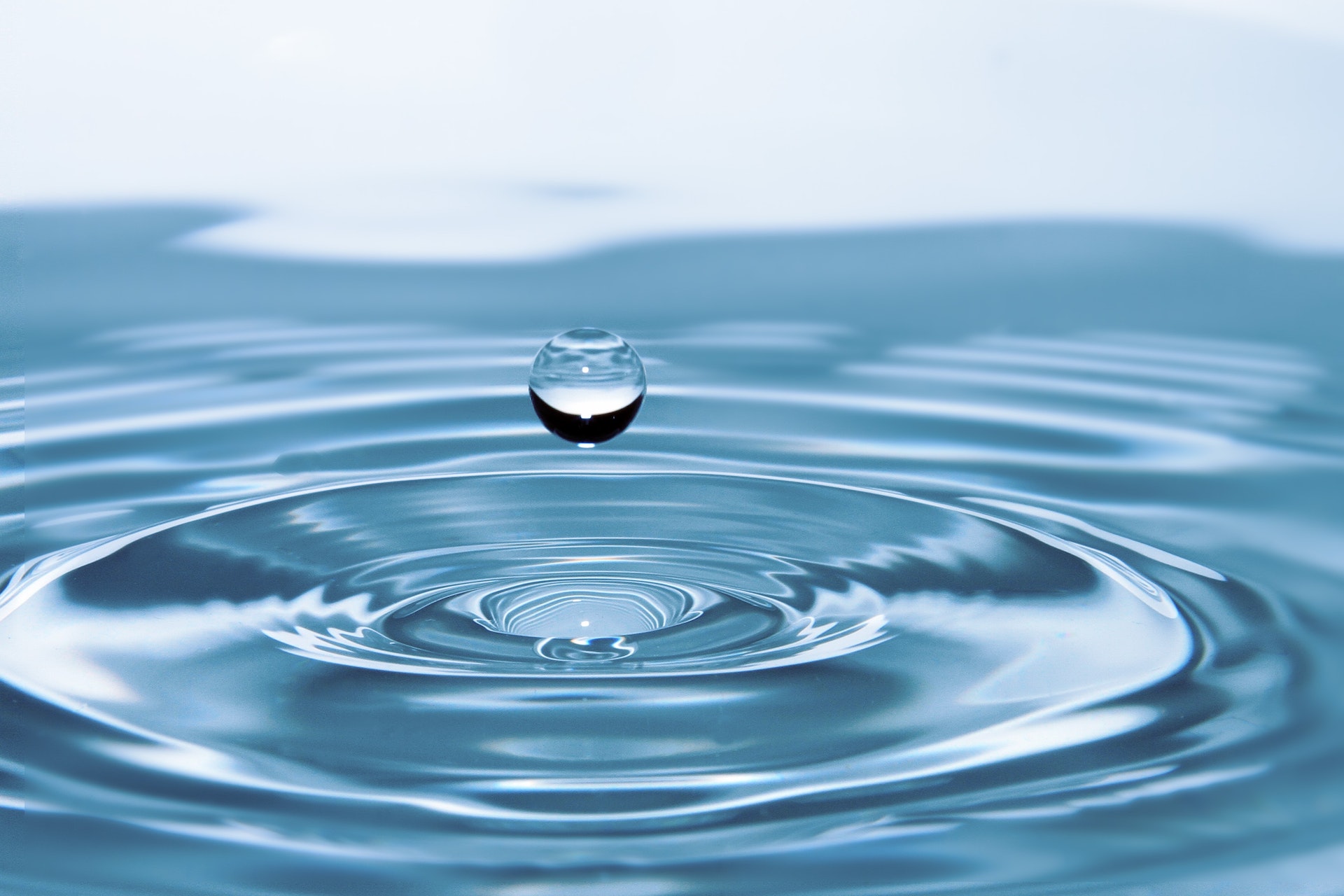Is Alkaline Water Good for Creatinine?
Is alkaline water good for creatinine? Creatinine is a waste product that is produced by muscles and eliminated from the body through the kidneys. High levels of creatinine in the blood can be an indicator of kidney dysfunction. There are several ways to help maintain healthy levels of creatinine, including maintaining a healthy diet and staying hydrated. One popular trend in the health and wellness world is drinking alkaline water. But does alkaline water have any effect on creatinine levels? Let's find out.
What is Alkaline Water?
Alkaline water is water that has been ionized to have a higher pH level than tap water. The pH scale ranges from 0 to 14, with 7 being neutral. Anything below 7 is considered acidic, while anything above 7 is alkaline or basic. Alkaline water typically has a pH level of 8 or 9. One of the benefits of alkaline water is that it can help neutralize acid in the body.
When our bodies become too acidic, it can lead to inflammation and a host of health problems, including bone loss, muscle wasting, and decreased immune function. By drinking alkaline water, some people believe they can counteract the effects of acidity and improve overall health. Additionally, some proponents of alkaline water believe it can help with the following:
- Hydration: Because alkaline water has a higher pH level than tap water, it may be more easily absorbed by the body and help improve overall hydration.
- Digestion: Some people believe that alkaline water can help neutralize stomach acid and improve digestion.
- Bone health: There is some evidence to suggest that drinking alkaline water may help improve bone density and reduce the risk of osteoporosis.
- Athletic performance: Some athletes drink alkaline water to help reduce muscle fatigue and improve endurance during exercise.
While there is currently limited scientific evidence to support many of these claims, some studies have suggested that drinking alkaline water may have benefits for certain populations. For example, one study found that drinking alkaline water reduced symptoms of acid reflux in people with gastroesophageal reflux disease (GERD).
Another study found that drinking alkaline water reduced blood viscosity, which could potentially improve circulation and heart health. Overall, more research is needed to determine the full extent of the potential benefits of alkaline water. However, if you enjoy the taste of alkaline water and it helps you stay hydrated, it may be a good choice for you. Just keep in mind that it is not a cure-all and should not be relied on as a sole method for improving health. A balanced diet, regular exercise, and proper management of underlying health conditions are still the most important factors for maintaining good health.
Does Alkaline Water Affect Creatinine Levels?
There is currently no scientific evidence to suggest that drinking alkaline water can directly impact creatinine levels in the body. However, drinking alkaline water can help promote overall hydration, which is important for maintaining healthy kidney function. When the body is dehydrated, the kidneys have to work harder to eliminate waste products like creatinine. By staying properly hydrated, the kidneys can function more efficiently and potentially lower creatinine levels.
Are You Looking For a Natural Way To Treat Your Kidney Disease? Click The Image Below To Learn More!
Other Ways to Maintain Healthy Creatinine Levels
- While staying hydrated is important for maintaining healthy creatinine levels, there are other steps you can take as well. Here are a few tips:
- Limit protein intake: Consuming too much protein can put a strain on the kidneys and lead to increased levels of creatinine. It's important to consume an appropriate amount of protein for your individual needs, which can vary based on factors like age, sex, and activity level. Consulting with a registered dietitian can help you determine how much protein you need and how to incorporate it into your diet.
- Quit smoking: Smoking can damage the blood vessels in the kidneys and contribute to decreased kidney function. Quitting smoking can help improve kidney health and lower creatinine levels.
- Manage high blood pressure: High blood pressure can damage the blood vessels in the kidneys and contribute to decreased kidney function. It's important to monitor your blood pressure regularly and work with your healthcare provider to manage it effectively.
- Stay at a healthy weight: Being overweight or obese can increase the risk of kidney disease and contribute to higher levels of creatinine. Maintaining a healthy weight through a balanced diet and regular exercise can help support kidney health.
- Manage diabetes: Diabetes can damage the blood vessels in the kidneys and lead to decreased kidney function. Managing blood sugar levels through diet, exercise, and medication can help prevent kidney damage and maintain healthy creatinine levels.
- It's important to note that while these tips can be helpful for maintaining healthy creatinine levels, they are not a substitute for medical treatment.
If you have high creatinine levels, it's important to work with your healthcare provider to determine the underlying cause and develop a treatment plan. In some cases, medication or other interventions may be necessary to manage high creatinine levels and prevent kidney damage.
While there is no direct evidence to suggest that drinking alkaline water can impact creatinine levels, staying properly hydrated is important for maintaining healthy kidney function. Drinking alkaline water can help promote hydration, and when combined with a healthy diet, regular exercise, and proper management of underlying health conditions, can help support overall kidney health. So, if you enjoy the taste of alkaline water, go ahead and drink up – just don't expect it to be a miracle cure for high creatinine levels.


